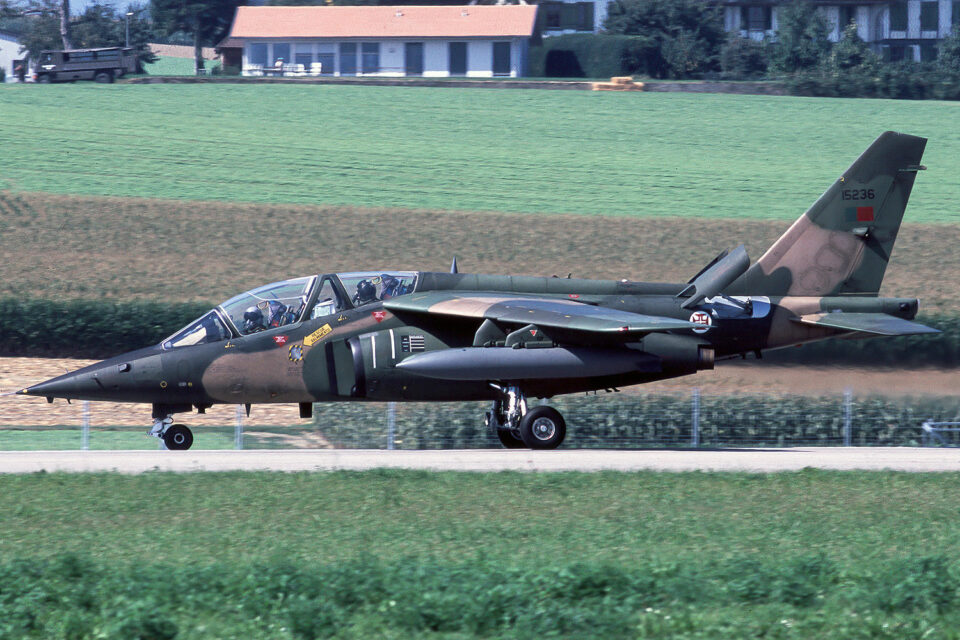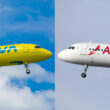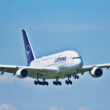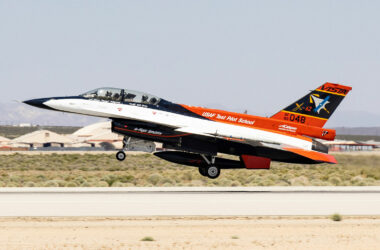On March 16, the Portuguese Council of Ministers approved the Proposed Military Programming Law (LPM), which establishes investment in equipment for the Portuguese armed forces in the period between 2023 and 2034.
During this period, the government intends to spend around 5.5 billion euros, almost US$ 6 billion.
Follow ADN: Instagram | Twitter | Facebook
In the list of military projects released by Portugal, there is the item “Aircraft for Close Air Support”, a category of military aircraft that can carry out ground attacks against targets that are close to friendly forces.
Although the Portuguese Air Force (FAP) has not yet formulated a Close Air Support Aircraft acquisition program, the Brazilian A-29 Super Tucano can be considered a clear favorite.
Among the reasons is the strong presence of Embraer in Portugal, which even has a maintenance center for the Super Tucano in the country, at the facilities of OGMA (the group’s Portuguese subsidiary), in Alverca.
There is also FAP’s proximity to the Brazilian company in the context of the C-390 Millennium program, which has Lisbon as a strategic partner and customer (Portugal is the first foreign buyer of the aircraft).

No european customer
Embraer’s best-selling military aircraft in recent years, the A-29 Super Tucano is deployed by air forces on almost every continent, available in 15 countries. Europe, however, is still an untapped market for the attack and advanced training turboprop manufactured in Brazil.
In 2020, the Ukrainian Air Force confirmed interest in the A-29 and suggested the plane as an option to re-equip the fleet of advanced training aircraft, replacing the old L-39 Albatross jets manufactured in the former Czechoslovakia. Negotiations with Kiev, however, did not evolve.
The Portuguese Air Force has also been appointed in recent years as the likely first operator of the Super Tucano in Europe. In addition to the need for close air support aircraft, another need for the Portuguese is advanced training aircraft, a means unavailable in the country since 2018, when the FAP retired the Dassault-Dornier AlphaJet that fulfilled this mission.






